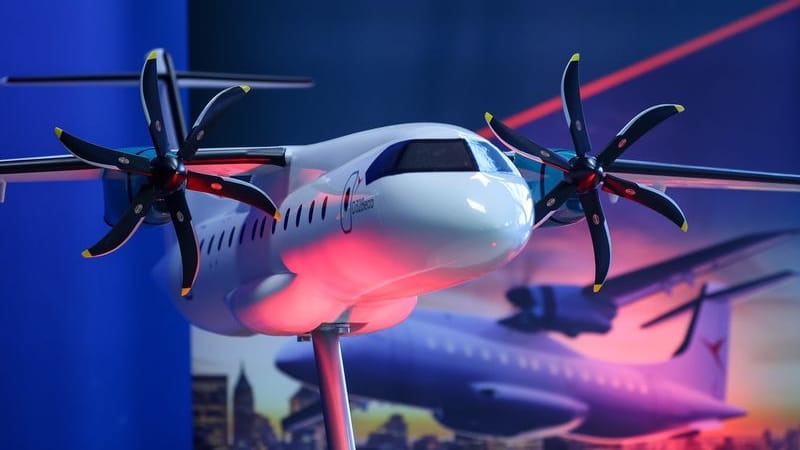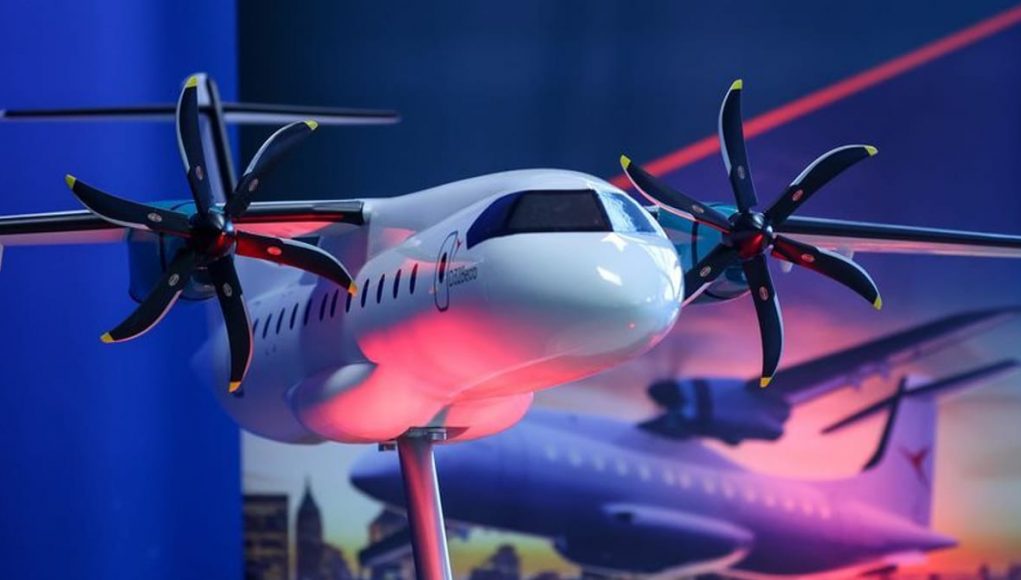Sustainable aircraft
Leipzig Airport: Construction work for aircraft factory begins
12/02/2024Reading time: 2 minutes

There is currently a lot of excavation and digging going on at Leipzig/Halle Airport. Environmentally friendly regional aircraft will soon be built here.
The aircraft manufacturer Deutsche Aircraft has officially started construction of a new factory at Leipzig/Halle Airport. The company announced that a comprehensive infrastructure for the production of the new D328 Eco regional aircraft will be built at the site. Plans include, among other things, a final assembly line, a flight readiness hangar, a logistics center and an administration building.
According to the information, more than 100 million euros will be invested in the construction of the final assembly line. The property, which is approximately eight football pitches in size, was prepared and handed over at the end of September. The first delivery of the new regional aircraft is planned for 2027. In the long term, Deutsche Aircraft aims to produce up to 48 aircraft per year. Recruitment and training of the workforce is already underway. The new final assembly line is expected to create up to 350 jobs in the region.
“We are looking forward to Leipzig with great anticipation and pride, where our final assembly line for the D328 Eco program will be ready to go in just one year,” said the head of operations at Deutsche Aircraft, Nico Neumann. According to the manufacturer, the D328 Eco is a more sustainable development of the Dornier 328 built in the early 1990s.
The CEO of Mitteldeutsche Flughafen AG, Götz Ahmelmann, described the project as “groundbreaking for the production and business location of Leipzig/Halle Airport as a job engine as well as the future of environmentally friendly flying.”
The new regional aircraft offers space for 40 passengers and can be used for both passenger and freight transport. According to Deutsche Aircraft, this is the “world’s most efficient and environmentally friendly regional aircraft in its class.” It uses around 15 percent less fuel than comparable models and reduces CO2 emissions by almost 25 percent. Furthermore, the aircraft can be operated entirely with synthetic fuels. The final assembly line should also be operated in a CO2-neutral manner.































